Blog >
Tag: Activities ideas
-
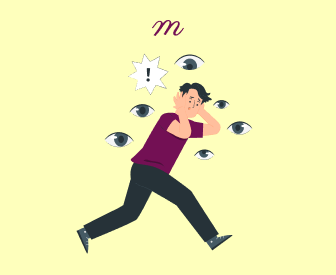
Cognitive Restructuring Techniques for Therapists: How to Apply, Document, and Track Client Progress
Clients rarely present to therapy saying, “I have a cognitive distortion.” Instead, they arrive describing chronic anxiety, low mood, shame, relational conflict, or a sense of being stuck; often driven by longstanding patterns of distorted thinking that operate outside of conscious awareness. For therapists, one of the most clinically powerful ways to intervene at this […] Adesuwa Olajire, LCP
Adesuwa Olajire, LCP -
 The most effective therapy techniques and interventions are those that are carefully tailored to the unique needs, circumstances, and readiness of each client. Over the course of my clinical experience, I have come to understand that the power of any given technique is largely dependent on the strength of the therapeutic alliance and the client’s […]
The most effective therapy techniques and interventions are those that are carefully tailored to the unique needs, circumstances, and readiness of each client. Over the course of my clinical experience, I have come to understand that the power of any given technique is largely dependent on the strength of the therapeutic alliance and the client’s […] Gargi Singh, Psychologist
Gargi Singh, Psychologist -
 Building clients’ self-esteem is more than sharing their experiences during therapy. In many circumstances, therapists must take action to improve their client’s self-confidence. This article aims to guide therapists who seek to improve clients self-esteem. Clients with healthy self-esteem have better mental health outcomes. They also have reduced levels of anxiety and can handle difficult […]
Building clients’ self-esteem is more than sharing their experiences during therapy. In many circumstances, therapists must take action to improve their client’s self-confidence. This article aims to guide therapists who seek to improve clients self-esteem. Clients with healthy self-esteem have better mental health outcomes. They also have reduced levels of anxiety and can handle difficult […] Adesuwa Olajire, LCP
Adesuwa Olajire, LCP -
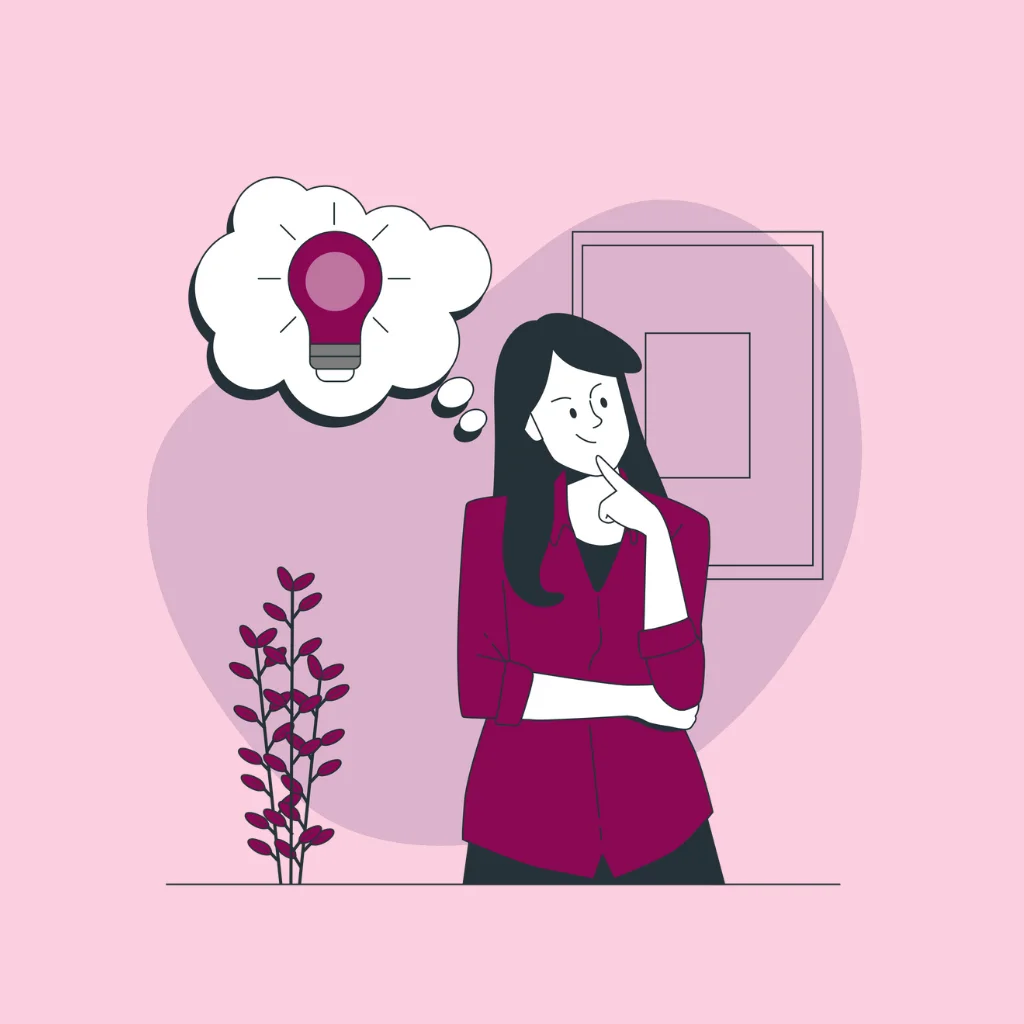 Evidence-based practice (EBP) in mental health is perceived as the standard for delivering effective, personalized care. By weaving together scientific research, clinical expertise, and the unique needs of patients, EBP transforms treatment into a dynamic, patient-centered process. This approach addresses a long-standing challenge: bridging the gap between groundbreaking research and real-world therapy. In doing so, […]
Evidence-based practice (EBP) in mental health is perceived as the standard for delivering effective, personalized care. By weaving together scientific research, clinical expertise, and the unique needs of patients, EBP transforms treatment into a dynamic, patient-centered process. This approach addresses a long-standing challenge: bridging the gap between groundbreaking research and real-world therapy. In doing so, […] Nuria Higuero Flores, Psychologist
Nuria Higuero Flores, Psychologist -
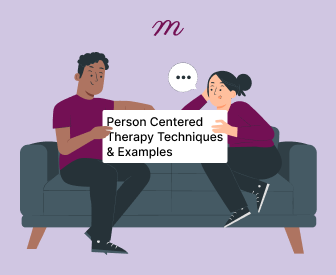 Person-centered therapy (PCT) is a type of psychotherapy developed by Carl Rogers which focuses on creating safe and supportive environments where all individuals can explore their feelings. The emphasis of this approach is on the therapeutic relationship between clients and their therapists, who offer a source of understanding, acceptance and empathy. PCT is an empowering […]
Person-centered therapy (PCT) is a type of psychotherapy developed by Carl Rogers which focuses on creating safe and supportive environments where all individuals can explore their feelings. The emphasis of this approach is on the therapeutic relationship between clients and their therapists, who offer a source of understanding, acceptance and empathy. PCT is an empowering […] Silvi Saxena, MBA, LSW
Silvi Saxena, MBA, LSW -
 Therapy is a process which many teenagers use to navigate from childhood to adulthood. It provides them a safe space to articulate their thoughts and fears without any judgement, helps them cope and become more resilient. Talk therapy is the most used in a counselling set up, however, using activities in a therapeutic setting has […]
Therapy is a process which many teenagers use to navigate from childhood to adulthood. It provides them a safe space to articulate their thoughts and fears without any judgement, helps them cope and become more resilient. Talk therapy is the most used in a counselling set up, however, using activities in a therapeutic setting has […] Gargi Singh, Psychologist
Gargi Singh, Psychologist -
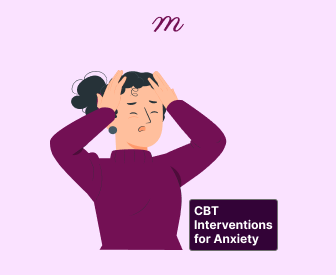 Cognitive Behavioral Therapy Interventions for Anxiety Anxiety disorders are among the most common mental health conditions that people deal with around the world, and Cognitive Behavioural Therapy (CBT) is one of the most prominent schools of thought for effectively managing anxiety and related concerns. CBT and Anxiety CBT posits that anxiety is an interaction of […]
Cognitive Behavioral Therapy Interventions for Anxiety Anxiety disorders are among the most common mental health conditions that people deal with around the world, and Cognitive Behavioural Therapy (CBT) is one of the most prominent schools of thought for effectively managing anxiety and related concerns. CBT and Anxiety CBT posits that anxiety is an interaction of […] Gargi Singh, Psychologist
Gargi Singh, Psychologist -
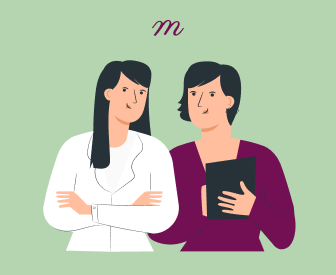 Crisis intervention is a short term therapeutic approach to help clients deal with emergency or traumatic situations. Usually these emergencies are mental health related and involves taking steps to assist in the moment, bring the client to safety, reassess current needs and plan for future treatment. Crisis intervention techniques can support individuals through their hard […]
Crisis intervention is a short term therapeutic approach to help clients deal with emergency or traumatic situations. Usually these emergencies are mental health related and involves taking steps to assist in the moment, bring the client to safety, reassess current needs and plan for future treatment. Crisis intervention techniques can support individuals through their hard […] Silvi Saxena, MBA, LSW
Silvi Saxena, MBA, LSW -
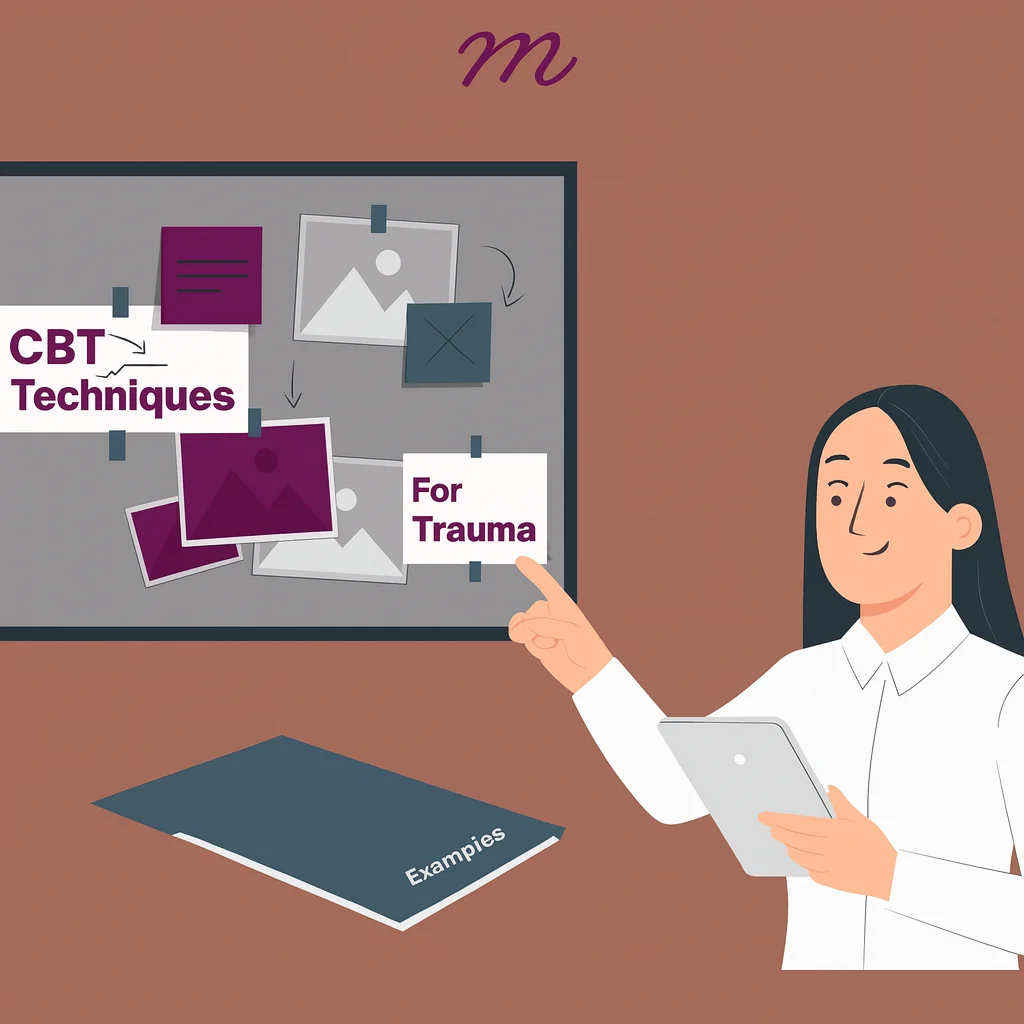 Trauma-informed Cognitive Behavioral Therapy (TF-CBT) is a type of therapeutic approach used in individual, couples and family psychotherapy. TF-CBT is more collaborative than traditional CBT and incorporates tenets of other trauma therapies with 9 primary trauma-focused techniques. TF-CBT is evidence based and primarily is targeted towards children and their caregivers focused on working through relational […]
Trauma-informed Cognitive Behavioral Therapy (TF-CBT) is a type of therapeutic approach used in individual, couples and family psychotherapy. TF-CBT is more collaborative than traditional CBT and incorporates tenets of other trauma therapies with 9 primary trauma-focused techniques. TF-CBT is evidence based and primarily is targeted towards children and their caregivers focused on working through relational […] Silvi Saxena, MBA, LSW
Silvi Saxena, MBA, LSW -
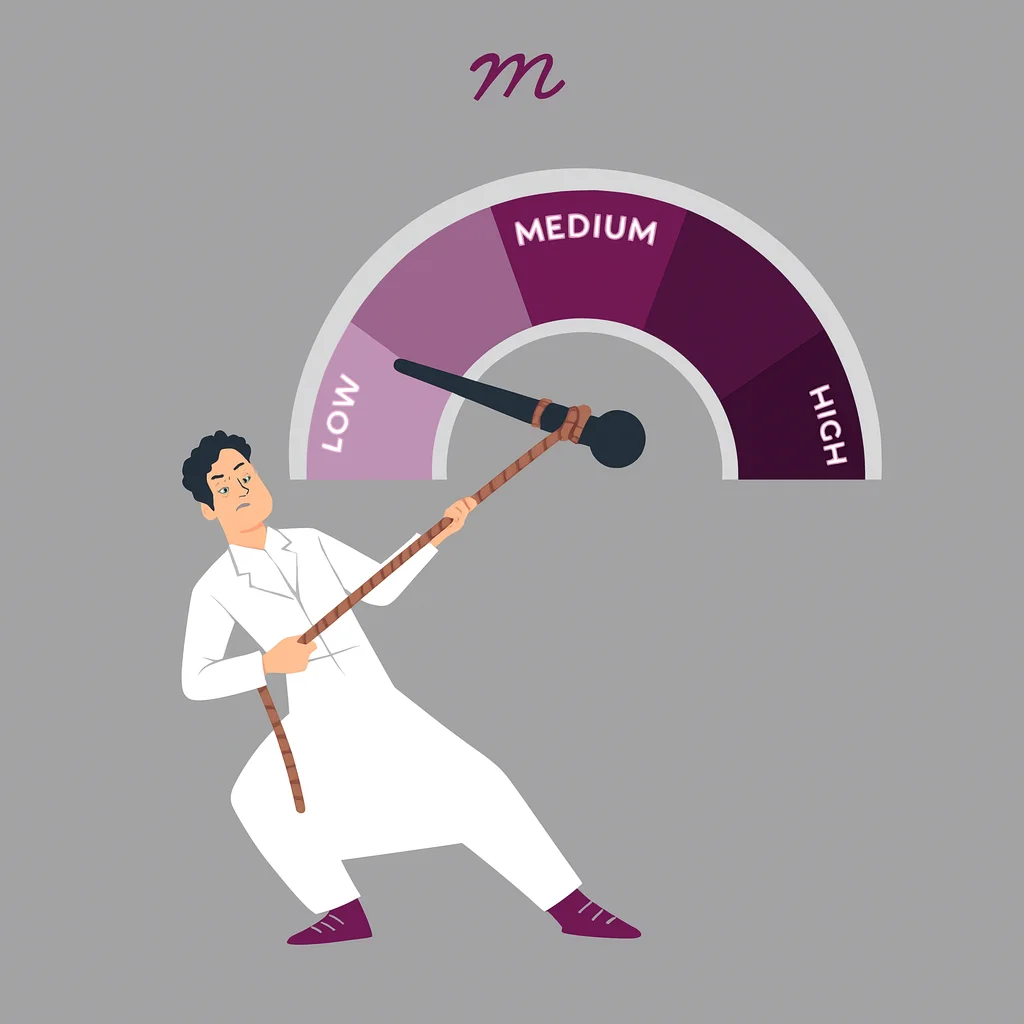 The anger thermometer is an accessible and simple tool that can transform how individuals understand and manage their anger. It is rooted in cognitive-behavioural therapy (CBT), it functions as a visual representation of one’s emotional state, allowing people to identify and assess the severity of their anger in real-time. This is particularly helpful because it […]
The anger thermometer is an accessible and simple tool that can transform how individuals understand and manage their anger. It is rooted in cognitive-behavioural therapy (CBT), it functions as a visual representation of one’s emotional state, allowing people to identify and assess the severity of their anger in real-time. This is particularly helpful because it […] Gargi Singh, Psychologist
Gargi Singh, Psychologist -
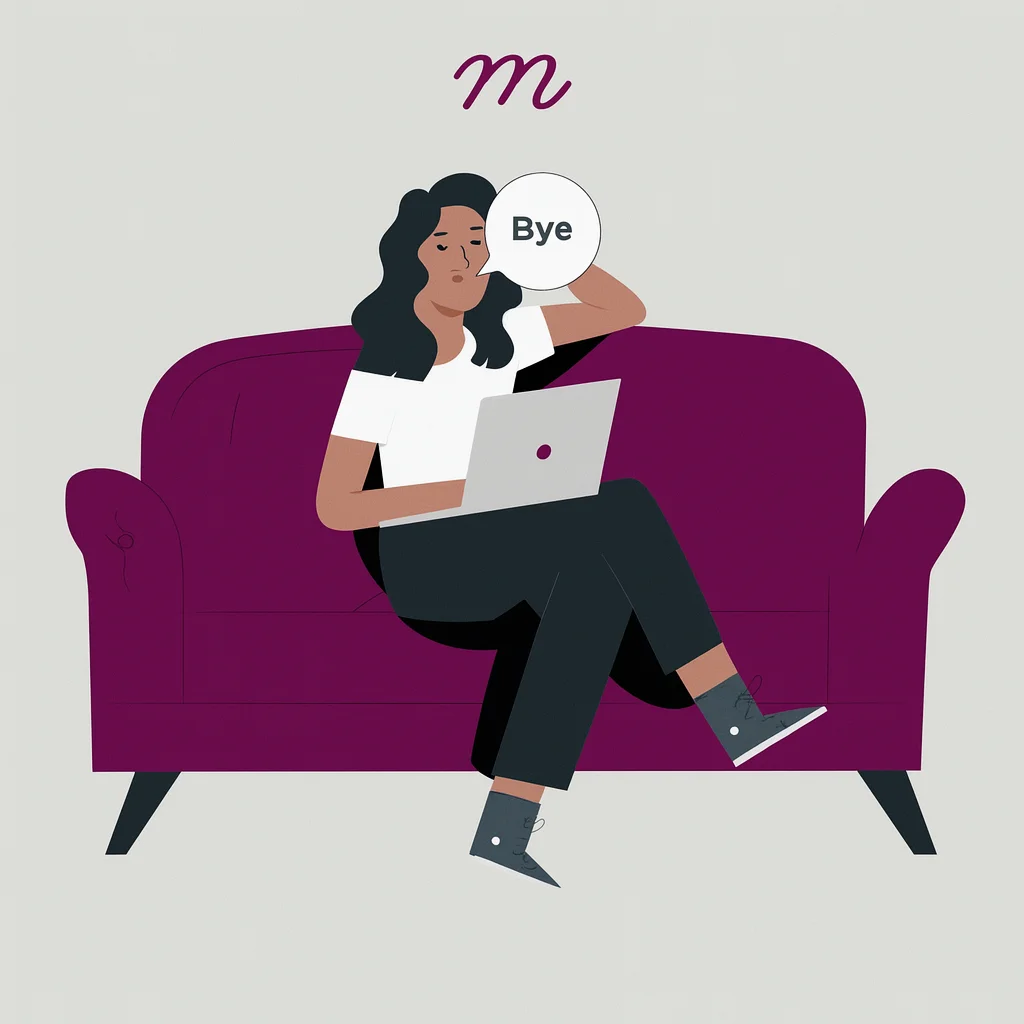 Clients often describe intrusive, repetitive, or negative thoughts as having a life of their own—thoughts that loop endlessly, drain energy, and cloud their focus. For those suffering from anxiety, OCD, or chronic worry, these mental patterns can feel relentless and overwhelming, making it difficult to find peace or clarity in their daily lives. Thought-stopping is […]
Clients often describe intrusive, repetitive, or negative thoughts as having a life of their own—thoughts that loop endlessly, drain energy, and cloud their focus. For those suffering from anxiety, OCD, or chronic worry, these mental patterns can feel relentless and overwhelming, making it difficult to find peace or clarity in their daily lives. Thought-stopping is […] Nuria Higuero Flores, Psychologist
Nuria Higuero Flores, Psychologist -
 Therapy is a collaborative journey of self-discovery, growth, and healing. While conversations and insights form the backbone of the therapeutic process, incorporating engaging and purposeful activities can elevate the treatment experience. These activities not only enrich therapy sessions but also empower clients to practice skills, deepen understanding, and sustain progress outside the therapeutic space. In […]
Therapy is a collaborative journey of self-discovery, growth, and healing. While conversations and insights form the backbone of the therapeutic process, incorporating engaging and purposeful activities can elevate the treatment experience. These activities not only enrich therapy sessions but also empower clients to practice skills, deepen understanding, and sustain progress outside the therapeutic space. In […] Nuria Higuero Flores, Psychologist
Nuria Higuero Flores, Psychologist -
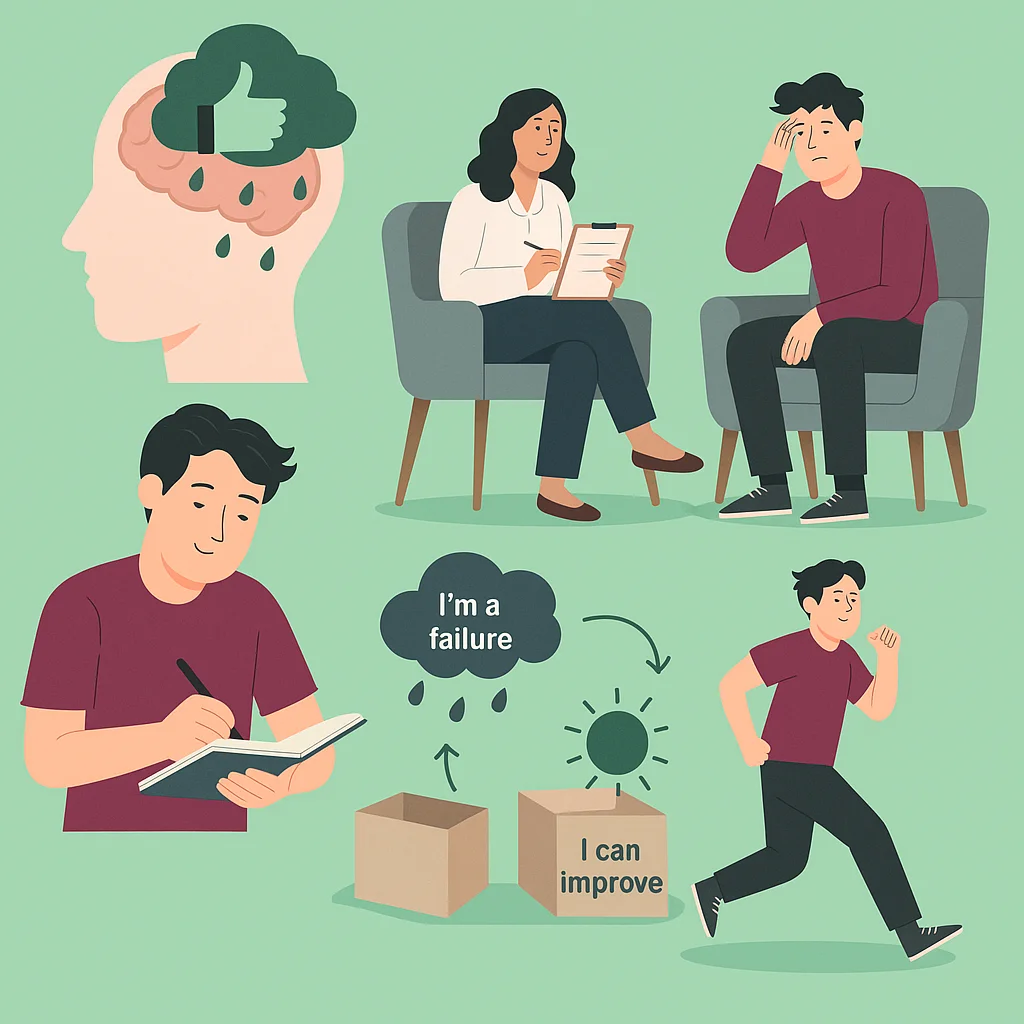 Cognitive Behavioral Therapy (CBT) is the gold standard for the treatment of depression. It manages both the cognitive and behavioral aspects of the disorder. CBT is a goal-oriented psychotherapy aimed at changing clients’ thoughts and behaviors. It is based on the notion that our thoughts, feelings and behaviors are interrelated. This means that a change […]
Cognitive Behavioral Therapy (CBT) is the gold standard for the treatment of depression. It manages both the cognitive and behavioral aspects of the disorder. CBT is a goal-oriented psychotherapy aimed at changing clients’ thoughts and behaviors. It is based on the notion that our thoughts, feelings and behaviors are interrelated. This means that a change […] Adesuwa Olajire, LCP
Adesuwa Olajire, LCP -
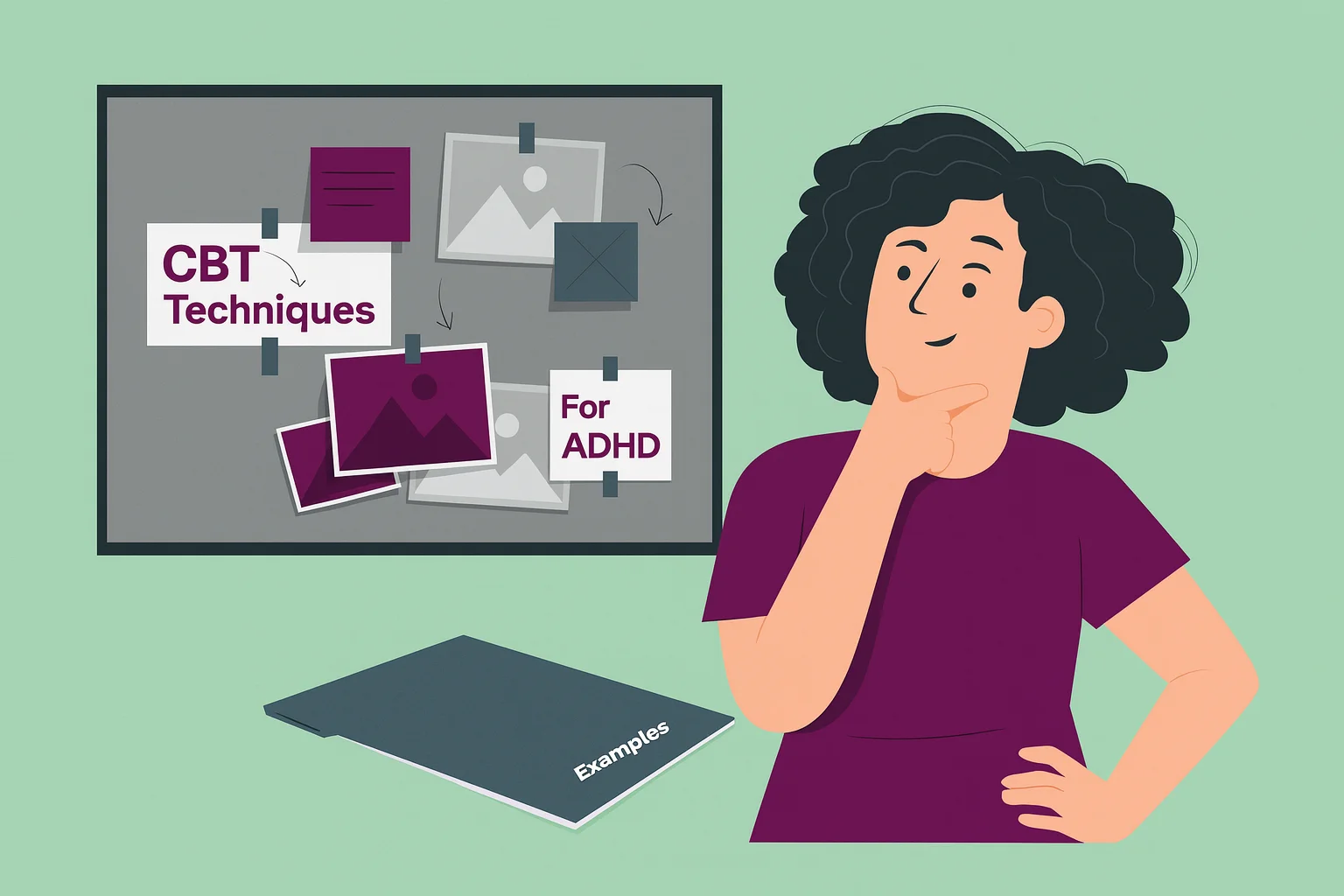 Cognitive Behavioral Therapy (CBT) is a generally used and recognized treatment modality. According to studies, this psychotherapeutic treatment modality can help to manage the symptoms of ADHD. CBT is sometimes used in combination with medication. This article will explore the best CBT techniques for ADHD management with examples. CBT Techniques for ADHD Cognitive Restructuring Negative […]
Cognitive Behavioral Therapy (CBT) is a generally used and recognized treatment modality. According to studies, this psychotherapeutic treatment modality can help to manage the symptoms of ADHD. CBT is sometimes used in combination with medication. This article will explore the best CBT techniques for ADHD management with examples. CBT Techniques for ADHD Cognitive Restructuring Negative […] Adesuwa Olajire, LCP
Adesuwa Olajire, LCP -
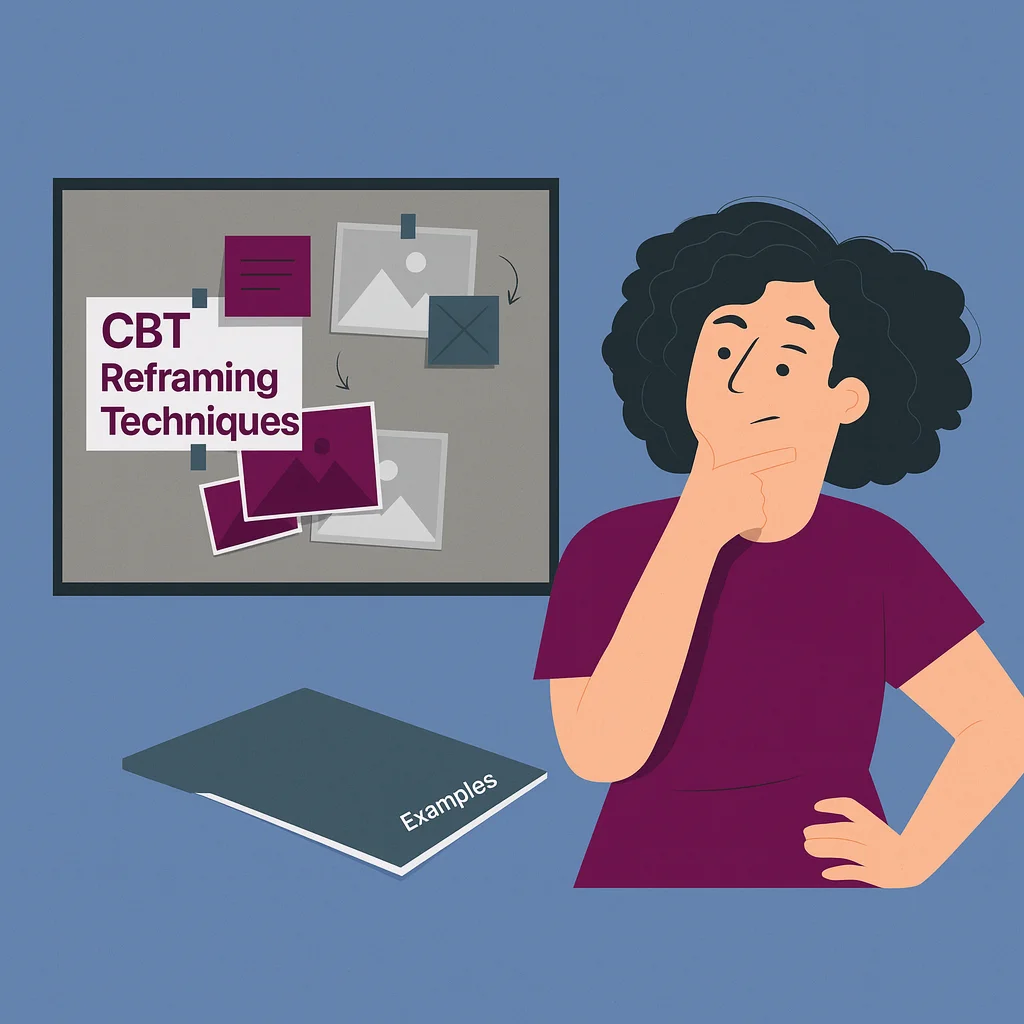 Cognitive Behavioral Therapy (CBT) focuses on the relationship between thoughts, feelings, and behaviors. A core CBT tool is cognitive reframing, which helps clients identify, challenge, and replace negative or distorted thought patterns with healthier, more realistic perspectives. Reframing helps clients develop a more balanced view of themselves, others, and the world, reducing symptoms of anxiety, […]
Cognitive Behavioral Therapy (CBT) focuses on the relationship between thoughts, feelings, and behaviors. A core CBT tool is cognitive reframing, which helps clients identify, challenge, and replace negative or distorted thought patterns with healthier, more realistic perspectives. Reframing helps clients develop a more balanced view of themselves, others, and the world, reducing symptoms of anxiety, […] Angela M. Doel, Psychotherapist
Angela M. Doel, Psychotherapist -
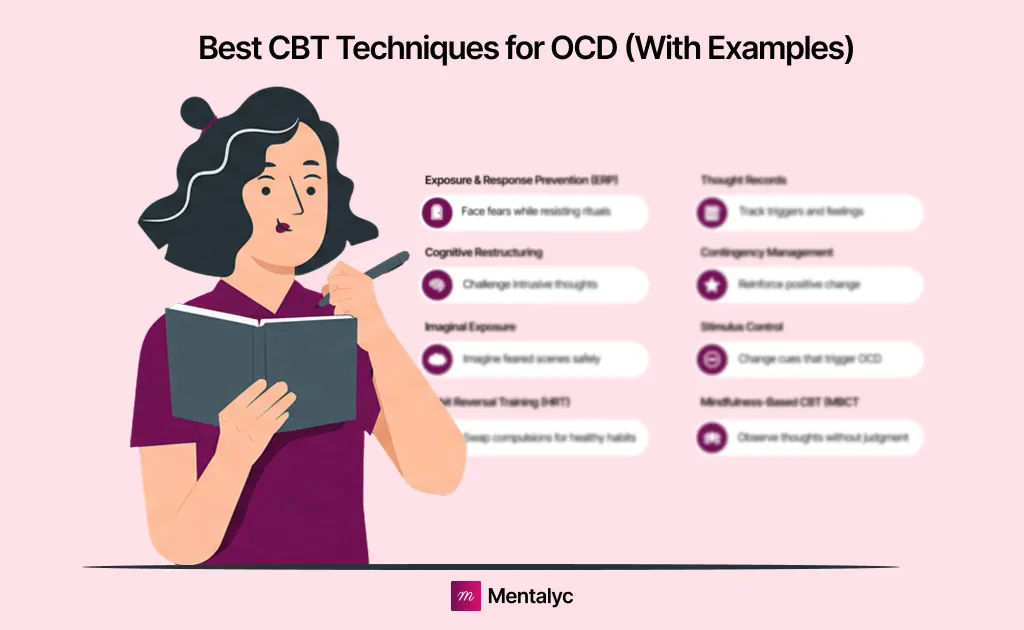 When treating Obsessive-Compulsive Disorder (OCD), therapists often turn to Cognitive Behavioral Therapy (CBT) — the gold-standard approach proven to reduce intrusive thoughts and compulsive behaviors. CBT helps clients recognize and challenge the irrational beliefs that fuel their obsessions while developing healthier coping responses that break the OCD cycle. In this guide, you’ll explore eight effective CBT techniques for OCD, […]
When treating Obsessive-Compulsive Disorder (OCD), therapists often turn to Cognitive Behavioral Therapy (CBT) — the gold-standard approach proven to reduce intrusive thoughts and compulsive behaviors. CBT helps clients recognize and challenge the irrational beliefs that fuel their obsessions while developing healthier coping responses that break the OCD cycle. In this guide, you’ll explore eight effective CBT techniques for OCD, […] Adesuwa Olajire, LCP
Adesuwa Olajire, LCP -
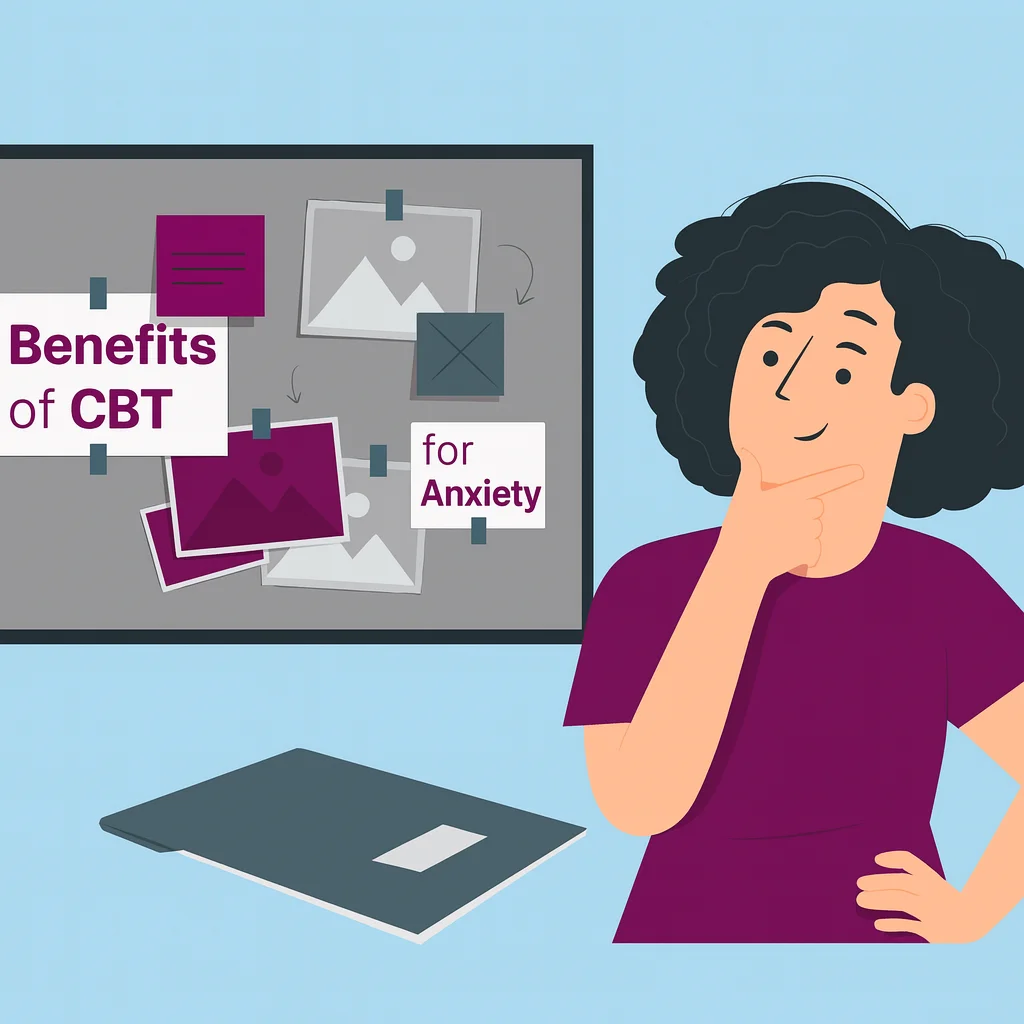 Cognitive Behavioral Therapy (CBT) offers practical, effective, evidence-based strategies to help clients manage anxiety by addressing the cognitive, emotional, and behavioral elements that contribute to it. The following are evidence-based, impactful CBT techniques that therapists should consider when working with anxious clients. Cognitive Restructuring (Challenging Negative Thoughts) This core CBT technique enables clients to recognize […]
Cognitive Behavioral Therapy (CBT) offers practical, effective, evidence-based strategies to help clients manage anxiety by addressing the cognitive, emotional, and behavioral elements that contribute to it. The following are evidence-based, impactful CBT techniques that therapists should consider when working with anxious clients. Cognitive Restructuring (Challenging Negative Thoughts) This core CBT technique enables clients to recognize […] Angela M. Doel, Psychotherapist
Angela M. Doel, Psychotherapist -
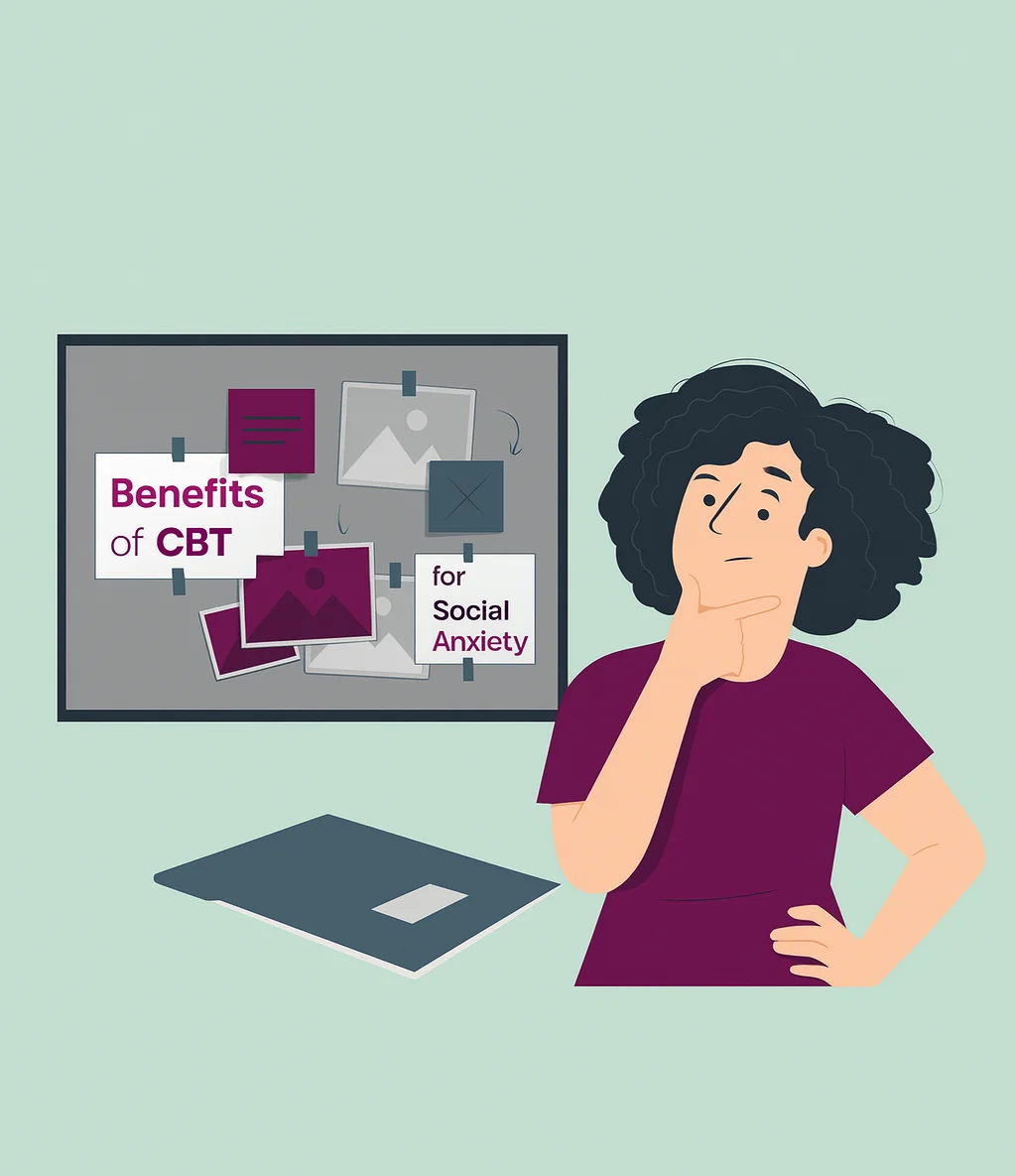 Social anxiety disorder (SAD), also known as social phobia, causes overwhelming fear and avoidance of social situations due to concerns about being judged, humiliated, or embarrassed (Clark & Beck, 2010). Understanding and utilizing evidence-based CBT techniques can significantly help clients overcome their fears and build confidence. This article explores the best CBT techniques for treating […]
Social anxiety disorder (SAD), also known as social phobia, causes overwhelming fear and avoidance of social situations due to concerns about being judged, humiliated, or embarrassed (Clark & Beck, 2010). Understanding and utilizing evidence-based CBT techniques can significantly help clients overcome their fears and build confidence. This article explores the best CBT techniques for treating […] Angela M. Doel, Psychotherapist
Angela M. Doel, Psychotherapist -
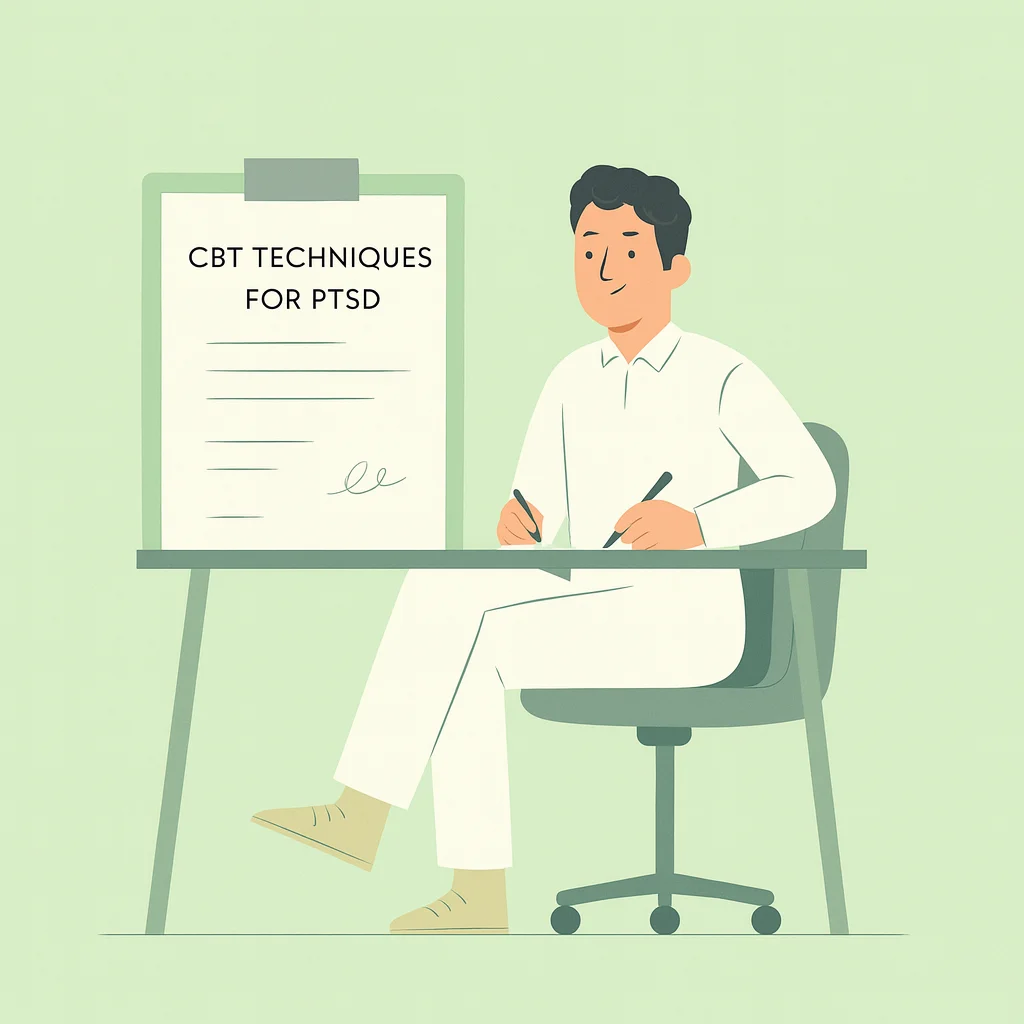 Post-traumatic stress disorder (PTSD) presents therapists with a unique challenge: how to effectively help clients reclaim their lives from the pervasive grip of trauma. As mental health professionals, finding therapeutic approaches that can break this cycle is essential. Cognitive behavioral therapy (CBT) has consistently proven to be one of the most effective treatments for PTSD, […]
Post-traumatic stress disorder (PTSD) presents therapists with a unique challenge: how to effectively help clients reclaim their lives from the pervasive grip of trauma. As mental health professionals, finding therapeutic approaches that can break this cycle is essential. Cognitive behavioral therapy (CBT) has consistently proven to be one of the most effective treatments for PTSD, […] Nuria Higuero Flores, Psychologist
Nuria Higuero Flores, Psychologist -
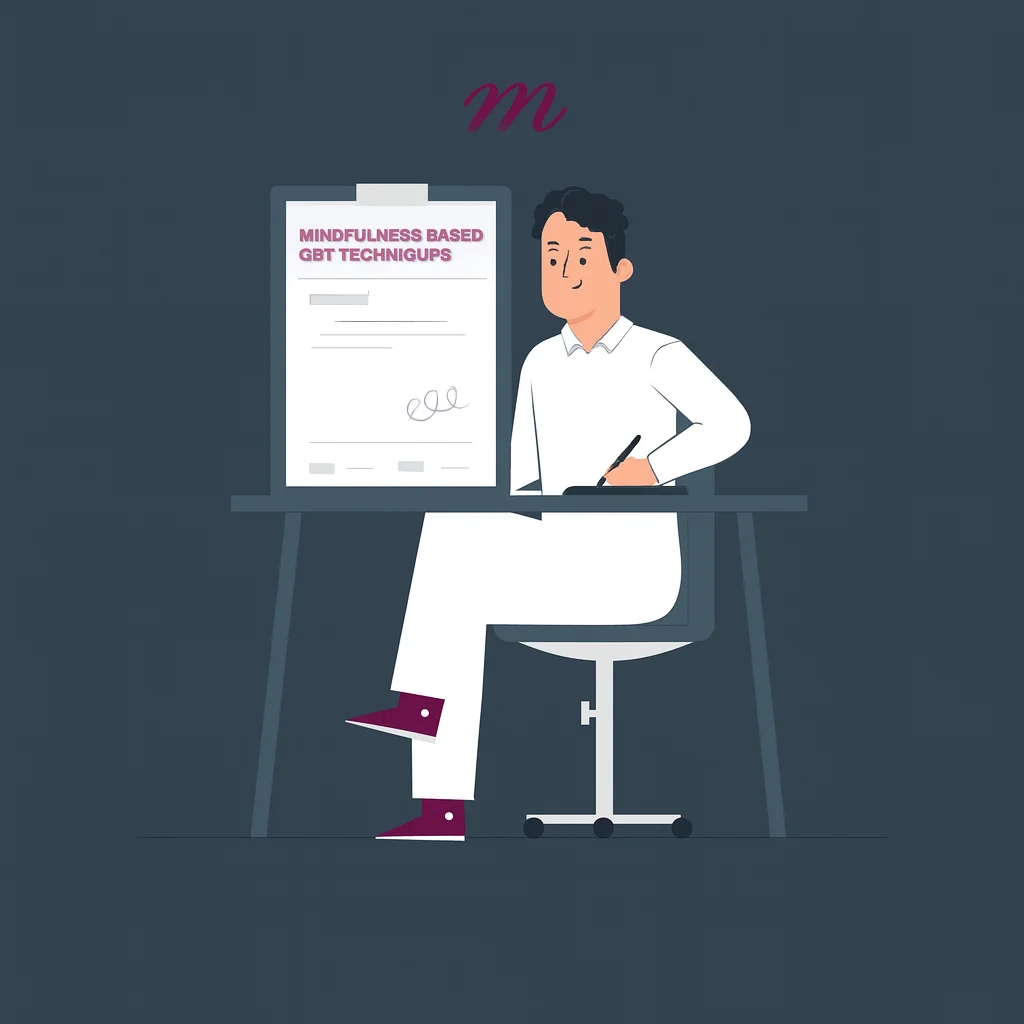 For therapists, MBCT offers a dynamic and flexible framework that goes beyond traditional CBT by incorporating present-moment awareness and acceptance practices. This approach allows clients to not only address their thought patterns but also cultivate the emotional resilience needed to navigate life’s challenges. In this article, we’ll briefly explore the principles of MBCT, its key […]
For therapists, MBCT offers a dynamic and flexible framework that goes beyond traditional CBT by incorporating present-moment awareness and acceptance practices. This approach allows clients to not only address their thought patterns but also cultivate the emotional resilience needed to navigate life’s challenges. In this article, we’ll briefly explore the principles of MBCT, its key […] Nuria Higuero Flores, Psychologist
Nuria Higuero Flores, Psychologist -
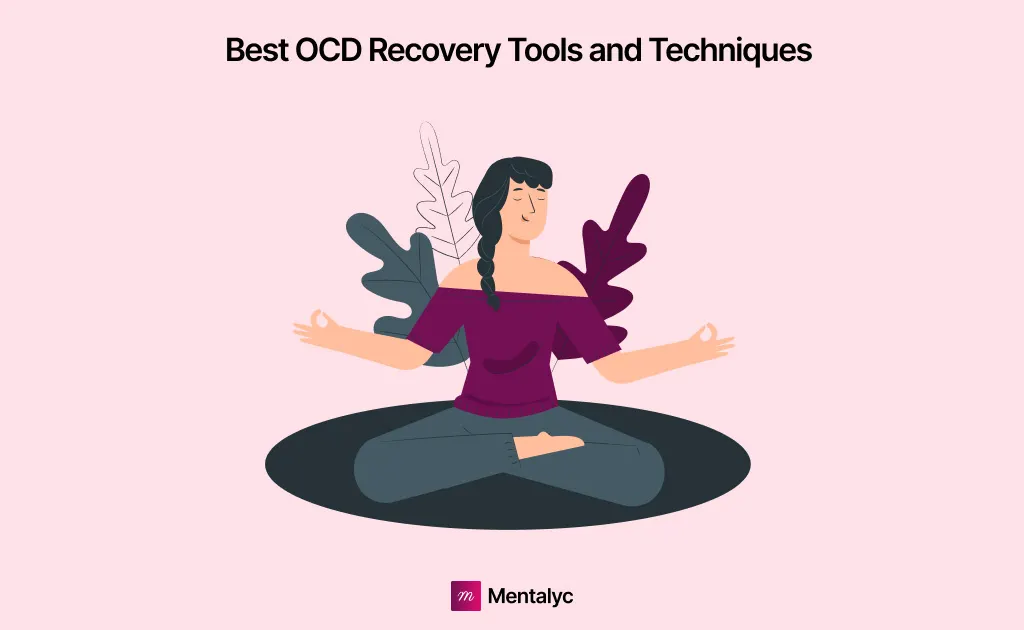 Obsessive-Compulsive Disorder (OCD) is marked by recurring obsessions and compulsions that can deeply affect daily functioning and well-being (Grayson, 2014). When therapists use the right OCD treatment tools, they can deliver more consistent, evidence-based care and monitor progress over time. This article highlights some of the best OCD recovery tools and techniques, from ERP and CBT strategies to self-help […]
Obsessive-Compulsive Disorder (OCD) is marked by recurring obsessions and compulsions that can deeply affect daily functioning and well-being (Grayson, 2014). When therapists use the right OCD treatment tools, they can deliver more consistent, evidence-based care and monitor progress over time. This article highlights some of the best OCD recovery tools and techniques, from ERP and CBT strategies to self-help […] Angela M. Doel, Psychotherapist
Angela M. Doel, Psychotherapist -
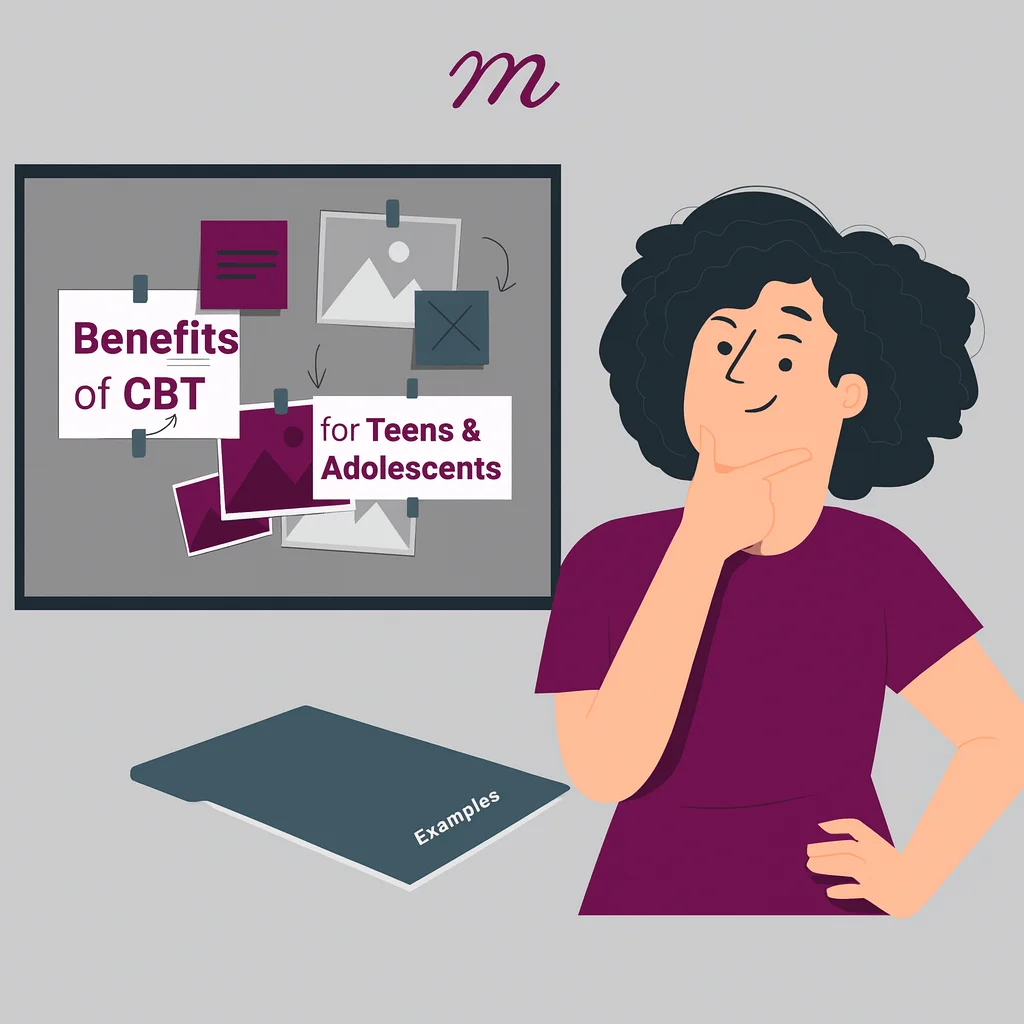 Cognitive Behavioral Therapy (CBT) is the gold standard for treating mental health conditions, especially among adolescents (Kendall, 1993). Adolescence is marked by many physical, emotional, and social changes, making it a time when mental health challenges can emerge. CBT, which focuses on reshaping unhelpful thinking and behavior patterns, offers teens practical tools for managing anxiety, […]
Cognitive Behavioral Therapy (CBT) is the gold standard for treating mental health conditions, especially among adolescents (Kendall, 1993). Adolescence is marked by many physical, emotional, and social changes, making it a time when mental health challenges can emerge. CBT, which focuses on reshaping unhelpful thinking and behavior patterns, offers teens practical tools for managing anxiety, […] Angela M. Doel, Psychotherapist
Angela M. Doel, Psychotherapist -
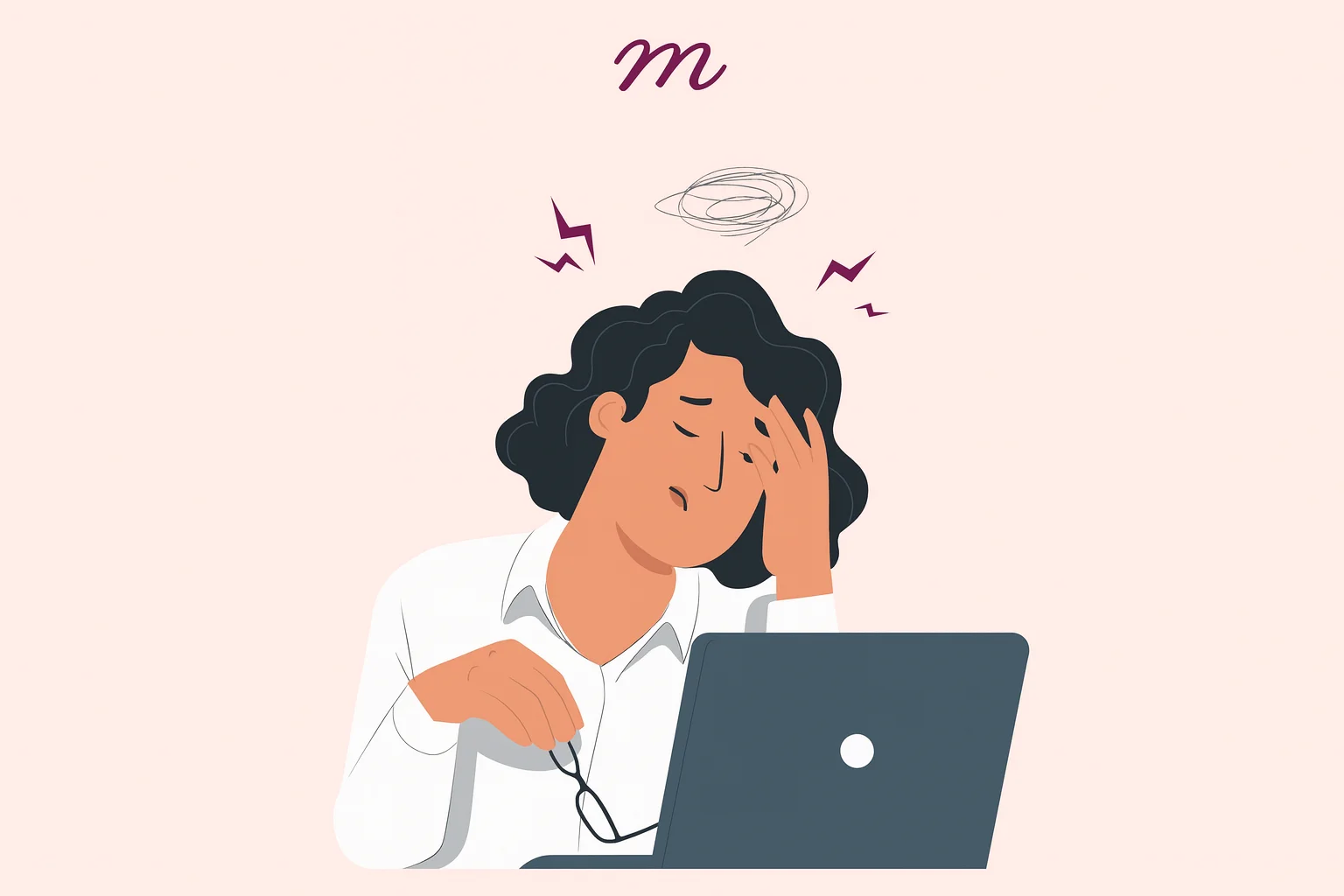 Stress therapy, also known as stress management therapy, is a set of techniques to help clients reduce stress and better cope with stressful life events. Instead of eliminating stressors, this approach teaches clients to change how they respond. This approach provides clients many practical tools to manage life’s inevitable pressures. Who Benefits from Stress Therapy? […]
Stress therapy, also known as stress management therapy, is a set of techniques to help clients reduce stress and better cope with stressful life events. Instead of eliminating stressors, this approach teaches clients to change how they respond. This approach provides clients many practical tools to manage life’s inevitable pressures. Who Benefits from Stress Therapy? […] Angela M. Doel, Psychotherapist
Angela M. Doel, Psychotherapist -
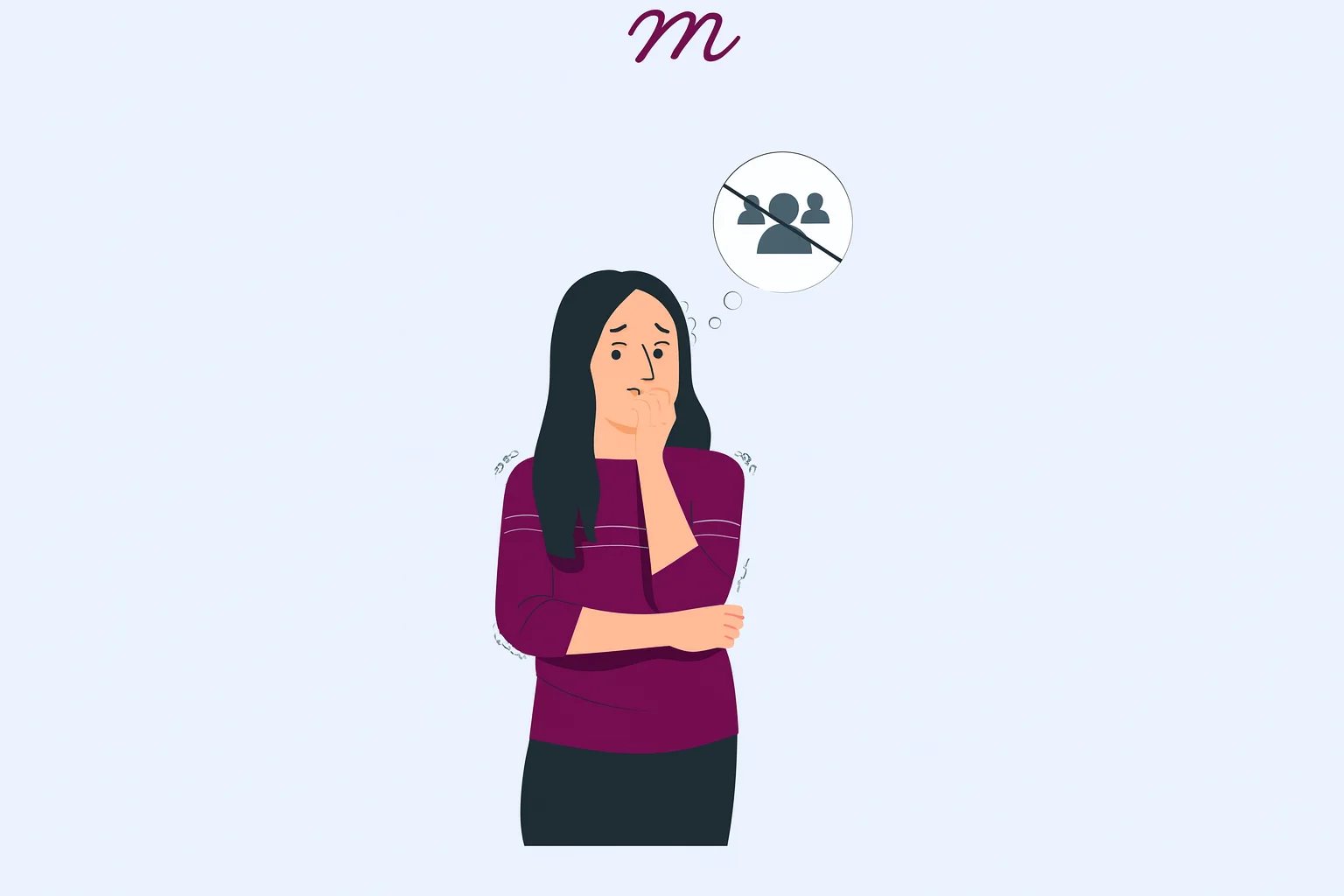 Picture this: your client is sitting in a classroom, staring at a test paper, and suddenly their mind goes completely blank. Their heart starts racing, palms are sweaty, and it feels like the walls are closing in. This, dear therapists, is the dreaded test anxiety—an all-too-common issue that affects students of all ages (and let’s […]
Picture this: your client is sitting in a classroom, staring at a test paper, and suddenly their mind goes completely blank. Their heart starts racing, palms are sweaty, and it feels like the walls are closing in. This, dear therapists, is the dreaded test anxiety—an all-too-common issue that affects students of all ages (and let’s […] Nuria Higuero Flores, Psychologist
Nuria Higuero Flores, Psychologist